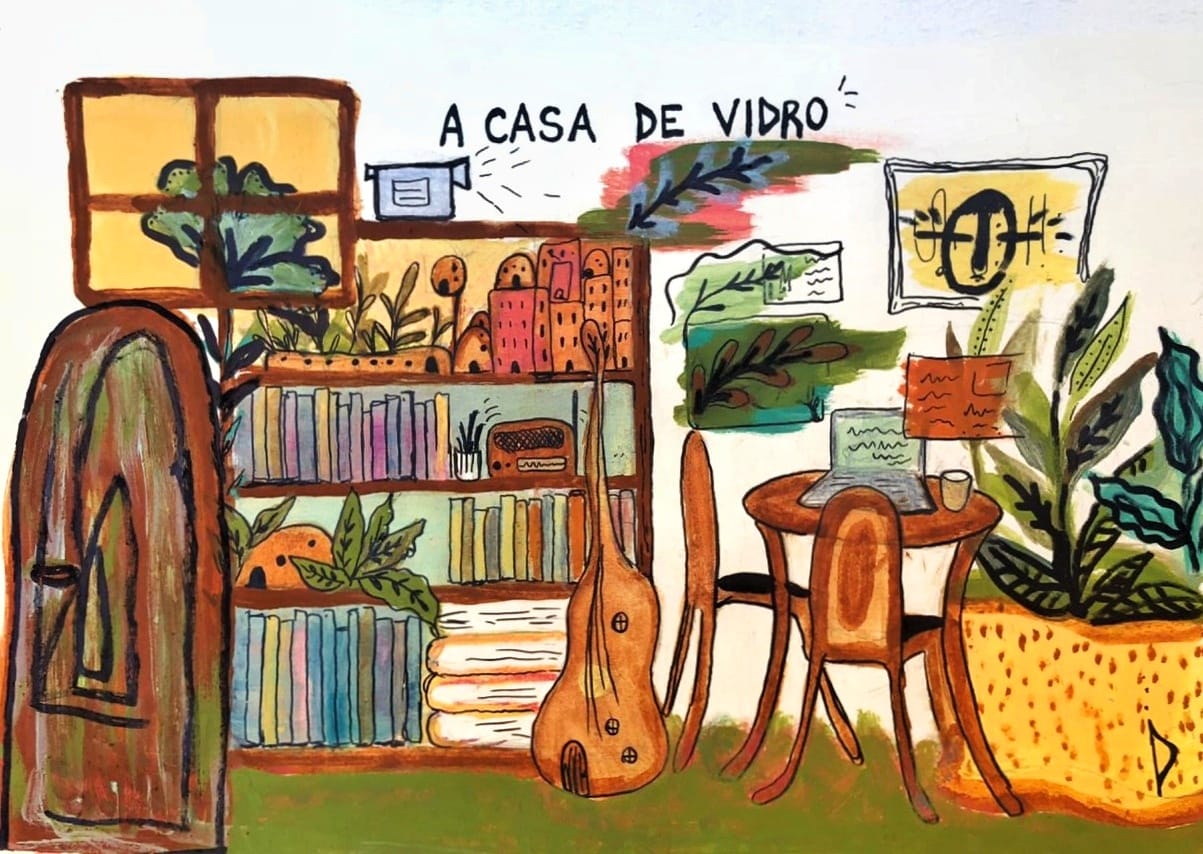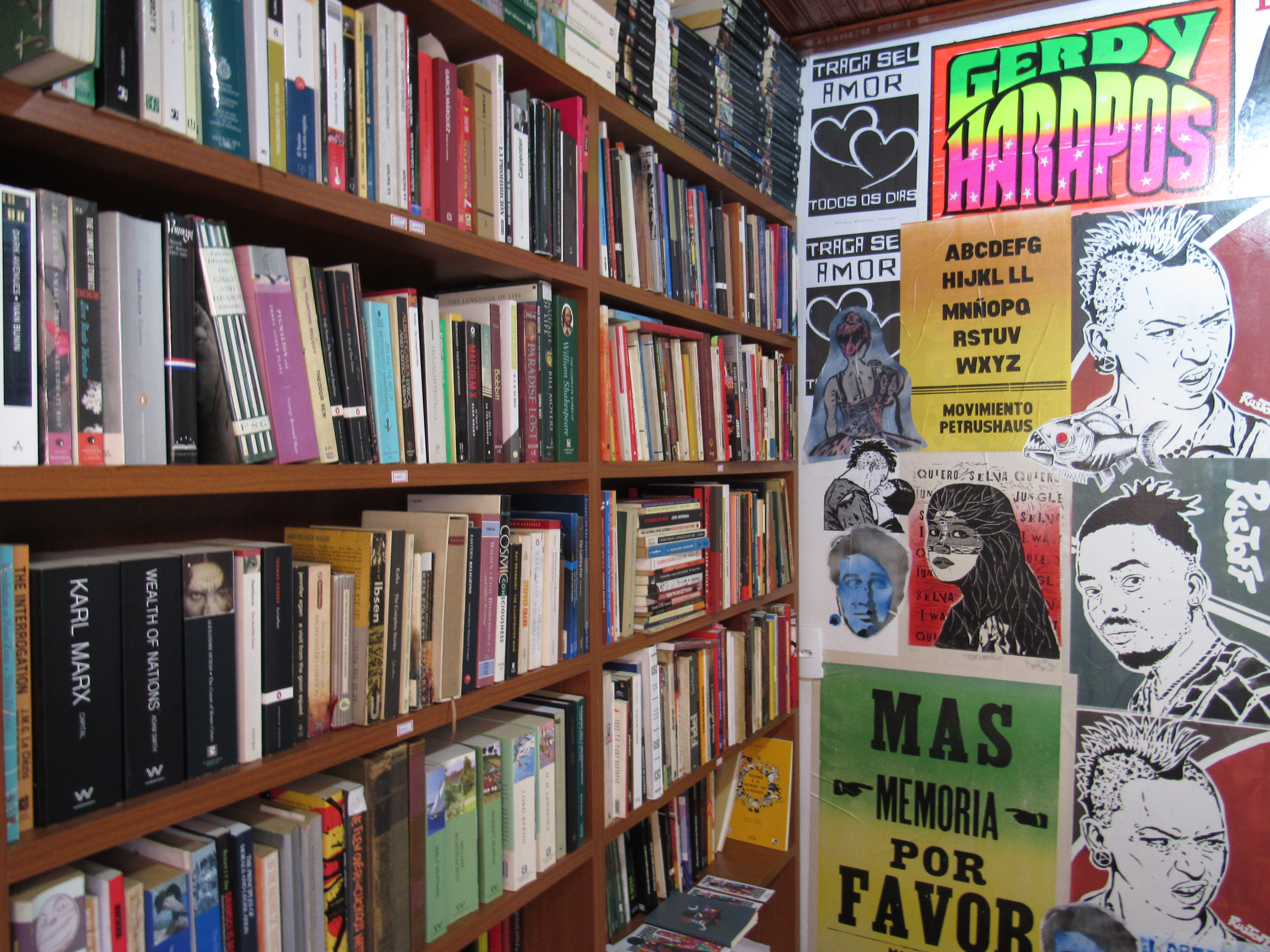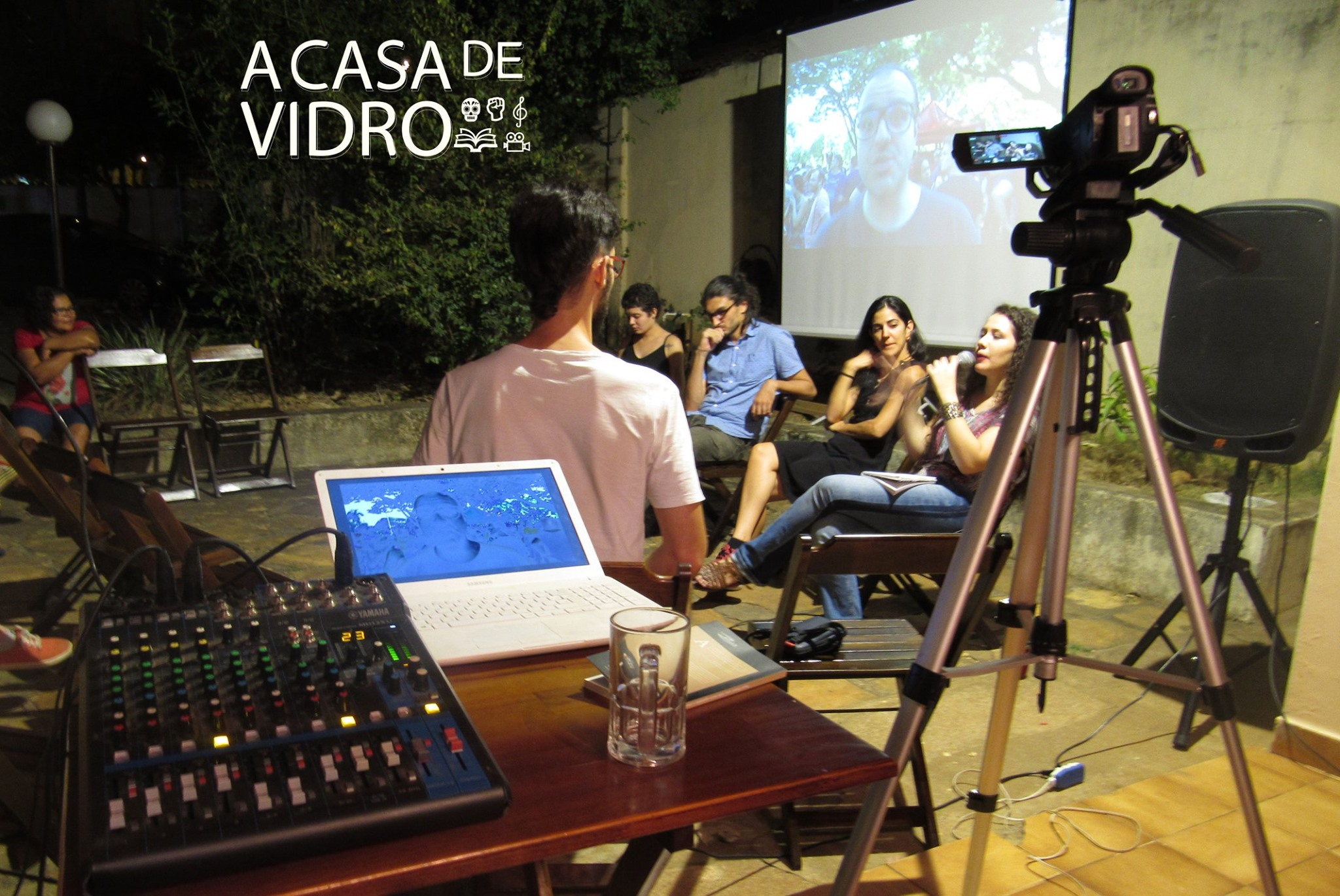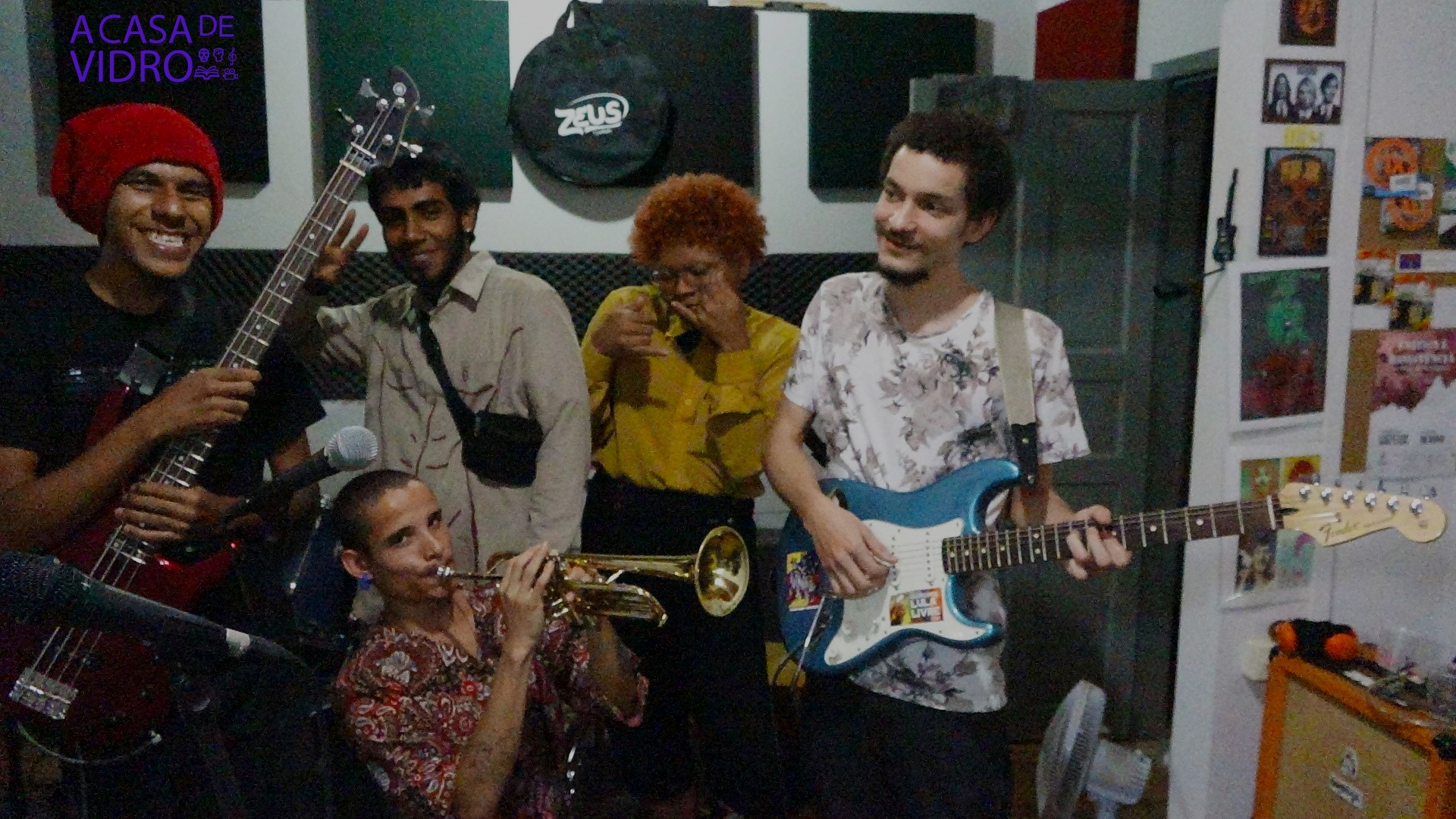A URGÊNCIA DA INTERSECIONALIDADE – Por uma frente solidária de combate contra as múltiplas opressões
A URGÊNCIA DA INTERSECIONALIDADE
por Kimberlé Crenshaw e Abby Dobson
TED TALKS, 2016
[youtube id=https://youtu.be/akOe5-UsQ2o]
Agora, mais do que nunca, é imprescindível olharmos corajosamente para a realidade do preconceito de gênero e de raça e compreendermos como os dois podem se unir para causar ainda mais danos. Kimberlé Crenshaw usa o termo “interseccionalidade” para descrever esse fenômeno; como ela mesma diz, se você ficar parado na interseção onde múltiplas formas de exclusão se cruzam, você tem chance de ser atingido por todas elas. Nesta palestra tocante, ela apela para que testemunhemos essa realidade e falemos pelas vítimas do preconceito.
* * *
Now more than ever, it’s important to look boldly at the reality of race and gender bias — and understand how the two can combine to create even more harm. Kimberlé Crenshaw uses the term “intersectionality” to describe this phenomenon; as she says, if you’re standing in the path of multiple forms of exclusion, you’re likely to get hit by both. In this moving talk, she calls on us to bear witness to this reality and speak up for victims of prejudice.
ATROPELADOS POR MÚLTIPLAS OPRESSÕES
por Eduardo Carli de Moraes para A Casa de Vidro
Na intersecção das opressões, certos sujeitos desafortunados são atropelados pelo trem desgovernado de múltiplos ataques e achaques: é só pensar no exemplo de uma Angela Davis, que como negra, mulher e comunista está na intersecção onde sofre os golpes simultâneos do racismo, do machismo e do anti-comunismo, tornando-se mais apta do que muitos a pensar no quanto os problemas de “raça, gênero e classe” precisam ser compreendidos e combatidos em conjunto.
É também o caso da Audre Lorde: alvo dos homofóbicos por ser lésbica, do racismo supremacista de certos branquelos por ser afrodescedente, do patriarcalismo falocêntrico por ser mulher, ela pôde realizar em seus escritos uma pungente denúncia de uma sociedade com múltiplas formas de opressão, que não devem ser hierarquizadas pois todas são desumanizantes e inaceitáveis.
Esta palavra difícil de pronunciar – “interseccionalidade” – fica bem mais compreensível e visualizável depois que assistimos à essa TED Talks de Kimberlé Crenshaw e Abby Dobson (TED Talks, 2016) – assista em A Casa de Vidro: https://wp.me/pNVMz-4lO. Ali o sujeito é mostrado, de modo bem didático, na interseção de ruas onde será atropelado, no cruzamento entre a avenida da opressão racista, da opressão classista, da opressão machista etc. O que me leva a pensar que não há criatura mais desventurada neste mundo-pesadelo em que vivemos do que um hipotético sujeito que seja ao mesmo tempo: mulher, negra, lésbica, comunista, migrante (ou refugiada), artista e atéia.
Esta heróica e torturada criatura sentiria na pele o atropelo de uma Opressão que é um verdadeiro Bicho de 7 cabeças: (1) machismo / patriarcalismo; (2) racismo / supremacismo étnico-racial; (3) homofobia / heteronormatividade; (4) anti-comunismo / fascismo / dominação plutocrática (dos donos do dinheiro e dos meios de produção); (5) xenofobia / ódio à alteridade; (6) produtivismo pragmático; (7) fundamentalismo / fanatismo religioso. Por isso o chamado “Feminismo Negro” me parece uma das vertentes da práxis que melhor nos ensinou a lutar através de uma solidarização em uma frente única, não-dispersiva, contra todas as formas de opressão.
É o que Paulo Freire já ensinava: “quando a educação não é libertadora, o sonho do oprimido é se tornar o opressor.” O que precisamos é de oprimidos que desejem libertar a sociedade de toda a opressão, instituindo aquela comuna utópica onde não há mais cisão entre oprimidos e opressores, mas conviventes em colaboração em um mundo comum onde busca-se construir tendo o bem público (e não as vantagens privadas) como horizonte e alvo.
For those of us who live at the shoreline
standing upon the constant edges of decision
crucial and alone
for those of us who cannot indulge
the passing dreams of choice
who love in doorways coming and going
in the hours between dawns
looking inward and outward
at once before and after
seeking a now that can breed
futures
like bread in our children’s mouths
so their dreams will not reflect
the death of ours;
For those of us
who were imprinted with fear
like a faint line in the center of our foreheads
learning to be afraid with our mother’s milk
for by this weapon
this illusion of some safety to be found
the heavy-footed hoped to silence us
For all of us
this instant and this triumph
We were never meant to survive.
And when the sun rises we are afraid
it might not remain
when the sun sets we are afraid
it might not rise in the morning
when our stomachs are full we are afraid
of indigestion
when our stomachs are empty we are afraid
we may never eat again
when we are loved we are afraid
love will vanish
when we are alone we are afraid
love will never return
and when we speak we are afraid
our words will not be heard
nor welcomed
but when we are silent
we are still afraid
So it is better to speak
remembering
we were never meant to survive
AUDRE LORDE

“There is No Hierarchy of Oppression” – by Audre Lorde
“I was born Black, and a woman. I am trying to become the strongest person I can become to live the life I have been given and to help effect change toward a liveable future for this earth and for my children. As a Black, lesbian, feminist, socialist, poet, mother of two including one boy and a member of an interracial couple, I usually find myself part of some group in which the majority defines me as deviant, difficult, inferior or just plain “wrong.”
From my membership in all of these groups I have learned that oppression and the intolerance of difference come in all shapes and sexes and colors and sexualities; and that among those of us who share the goals of liberation and a workable future for our children, there can be no hierarchies of oppression. I have learned that sexism and heterosexism both arise from the same source as racism.
“Oh,” says a voice from the Black community, “but being Black is NORMAL!” Well, I and many Black people of my age can remember grimly the days when it didn’t used to be!
I simply do not believe that one aspect of myself can possibly profit from the oppression of any other part of my identity. I know that my people cannot possibly profit from the oppression of any other group which seeks the right to peaceful existence. Rather, we diminish ourselves by denying to others what we have shed blood to obtain for our children. And those children need to learn that they do not have to become like each other in order to work together for a future they will all share.
Within the lesbian community I am Black, and within the Black community I am a lesbian. Any attack against Black people is a lesbian and gay issue, because I and thousands of other Black women are part of the lesbian community. Any attack against lesbians and gays is a Black issue, because thousands of lesbians and gay men are Black. There is no hierarchy of oppression.
I cannot afford the luxury of fighting one form of oppression only. I cannot afford to believe that freedom from intolerance is the right of only one particular group. And I cannot afford to choose between the fronts upon which I must battle these forces of discrimination, wherever they appear to destroy me. And when they appear to destroy me, it will not be long before they appear to destroy you.”
[youtube id=https://youtu.be/i1pNsLsHsfs]
Read by: Lauren Lyons
Publicado em: 26/02/18
De autoria: casadevidro247








comentários